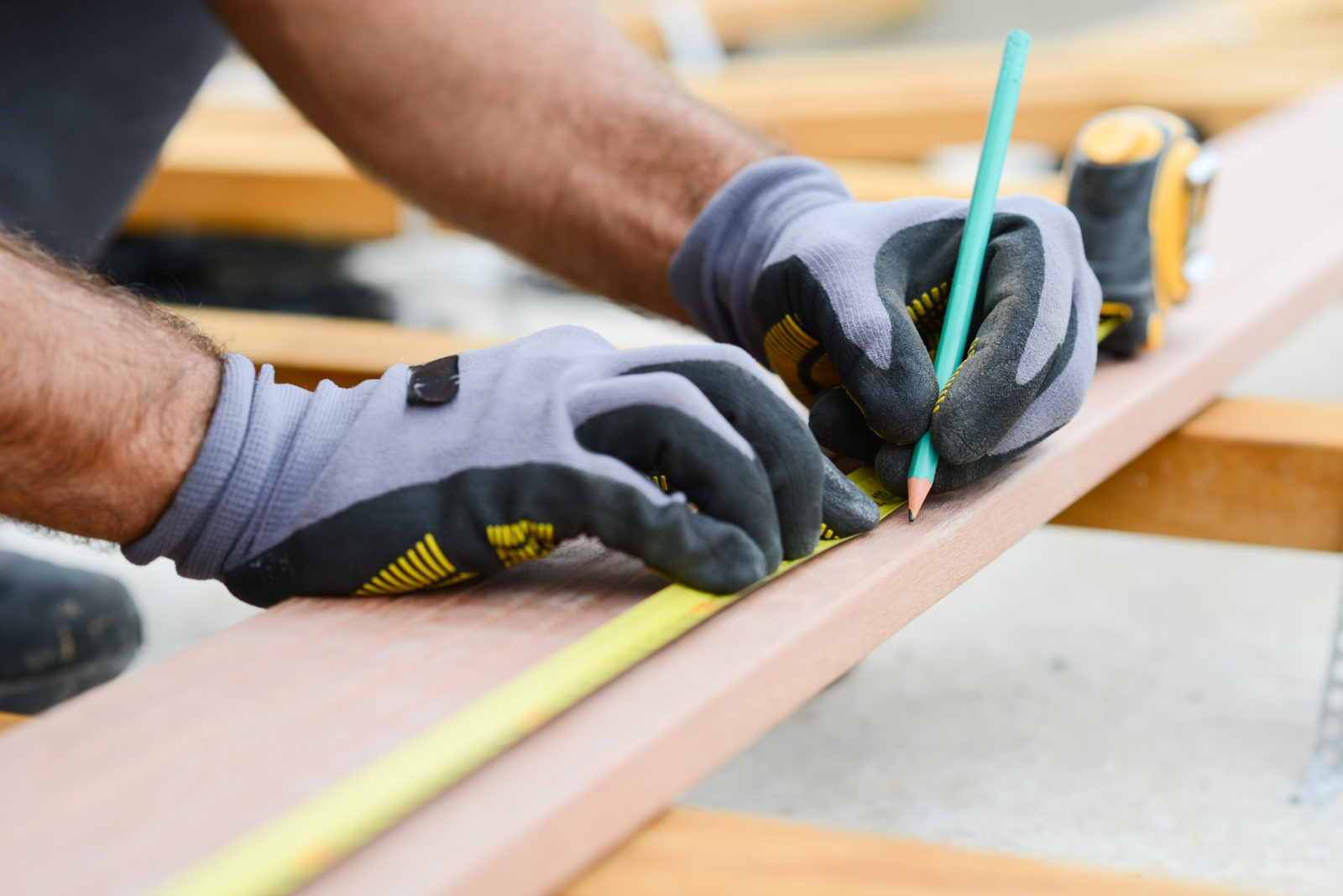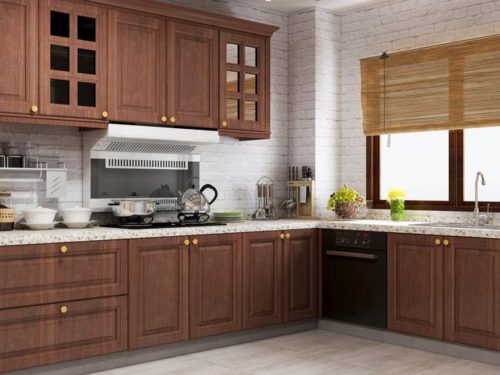
Whether you’re a budding professional or a new hobbyist, there are basics of woodworking to be mastered before venturing into advanced projects. These skills start with your woodworking essentials.
For budget and skill reasons, build your woodworking arsenal one tool at a time. Take the time to master each tool before advancing. This is a craft that has been honed for hundreds of years. It’s not going anywhere. Enjoy your process.
As you budget each project, build up to the purchase of a new tool. By spreading out the cost of equipment, you’ll be able to spend time with a new tool and avoid financial stress.
Consider adding power tools slowly as you develop your skill set. You can’t fully appreciate your power tools without first working with your hands. Some wood workers find that they prefer working with hand tools. There are plenty of woodworkers making exceptional pieces with hands tools. The power tool addiction is real, but our work can continue without them.
Here are a few woodworking essentials to get you warmed up to the woodworking world:
Woodworking Bench
Maybe the most fundamental and most important tool in a woodworking shop. It’s difficult to build on a shaky table. Stability is essential for accurate measurements and cuts.
Layout, Marking, & Measuring Tools
Precision is the key to woodworking. Measure twice. Cut once.
Clamps
While it is fully possible to complete many projects without them, clamps add a level of security and balance that’s hard to replicate. Clamps hold wood pieces in place so you can attach or alter wood without moving pieces. As a beginner, clamps will make your work easier and more accurate. You can never have enough clamps.
Chisels
One of the most recognized hand woodworking tools, chisels are an essential to making fine woodworking pieces. Chisels are used to make wood joints. There are three core types of chisels: bench chisels, paring chisels, and mortise chisels.
Miter Saw
Miter saws are used to make precise cuts in your wood. Miter saws come in a variety of sizes and types to work with most thicknesses and grains of wood. Your standard saw blade will eventually need to be upgraded for finer wood cuts. The higher the tooth count, the finer the cut.
Wood Glue
Match the wood glue to the project. Most glues will do the job, but there are differences. Glue specifically meant for wood projects create a bond that in most cases, is actually stronger than the wood itself. Also, some glues are water-proof, while others are only water resistant, so have a plan before you start any project.
Wondering how to start shopping? We will be releasing woodworking tool buying guides in the upcoming months to aid you in purchasing your tools. We are always available in store as a shopping resource.
Related Posts
Rubio Monocoat Spotlight
Don’t let your hard work be chipped away. With the level of care and expertise that goes in to every woodworking project, the last thing you want to do is skimp on protecting the finished product. To...

